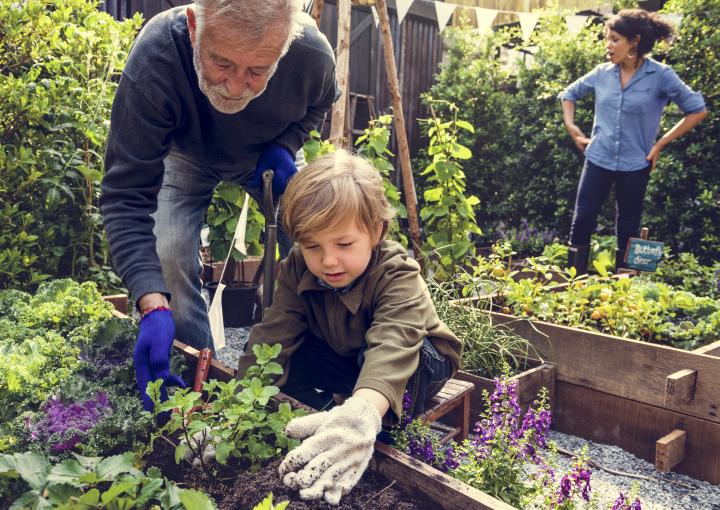Be Kind To Our Planet
EARTH DAY 2021
10 WAYS TO CELEBRATE EARTH DAY FROM HOME
Every April 22, we celebrate Earth Day! Here at the Almanac, we believe that caring for nature, plants, and the land is integral to our own health and that individual responsibility lies with each of us! Whether it’s a healing walk through the woods, picking up litter (while walking!), or buying more Earth-friendly products, here are 10 ways that you can help to care for your planet.
THE 51ST ANNIVERSARY OF EARTH DAY
Earth Day 2021 will mark the 51st anniversary of this holiday. Typically, Earth Day is assigned a different theme or area of focus each year; this year’s theme is “Restore Our Earth.”
Most years, Earth Day events range from river cleanups to removals of invasive plants. With social distancing still in place for many of us this April, Earth Day has gone digital. Virtual events, such as environmental lectures and films, will take place on Earth Day (Thursday, April 22).
Of course, social distancing doesn’t mean that you can’t go outside and enjoy nature, as long as you do so responsibly! Nature is not canceled!
WHAT IS EARTH DAY?
Ever wonder how Earth Day began? The first Earth Day was held on April 22, 1970, when San Francisco activist John McConnell and Wisconsin Senator Gaylord Nelson separately asked Americans to join in a grassroots demonstration. Dealing with dangerously serious issues concerning toxic drinking water, air pollution, and the effects of pesticides, an impressive 20 million Americans—10% of the population—ventured outdoors and protested together.
President Richard Nixon led the nation in creating the Environmental Protection Agency, which followed with successful laws including the Clean Air Act, the Clean Water Act, and the Endangered Species Act. Read more from EarthSky.org.
McConnell originally had chosen the spring equinox (March 20, 1970), but Nelson chose April 22, which ended up becoming the official celebration date. (Given that the date of the spring equinox changes over time, it may have made things more complicated to go with the astronomical event rather than just a calendar date.)
Today, not only is Earth Day a day meant to increase awareness of environmental problems, but also it is also becoming a popular time for many communities to gather together to clean up litter, plant trees, or simply reflect on the beauty of nature. Further down the page, we’ve provided a list of activities and projects that you can do to improve your local environment!
WHEN IS EARTH DAY?
Earth Day is always celebrated on April 22. It’s followed closely by Arbor Day, which falls on the last Friday in April.
10 EARTH DAY ACTIVITIES AND IDEAS
Celebrate Earth Day by appreciating and respecting the natural world. Here are some ideas to inspire you this year.
1. SUPPORT OUR POLLINATORS!
Bring native bees and other pollinating creatures to your garden. One way to do this is by selecting the right plants.
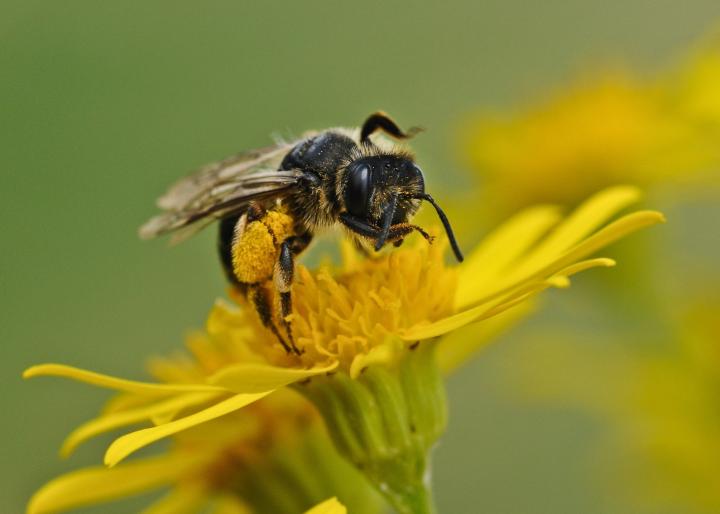
2. CLEAN UP PLASTIC IN YOUR NEIGHBORHOOD OR LOCAL PARK
One of the best ways to connect with the Earth is through cleanups! Go on a walk with a trash bag and help to clean up any plastic that you find. Perhaps you know of a nearby ditch that is polluted with trash that needs a spring cleaning! You’ll start to realize that plastic permeates every aspect of our lives. But as the world wakes up to its addiction, just how easy is it to ditch plastic while growing and storing more of our own food? Don’t forget to recycle what plastic you can.

3. SWAP OUT YOUR KITCHEN AND HOUSEHOLD PRODUCTS!
Let’s talk about the cooking and cleaning products that touch the food we eat as well as our skin. This year, we’ve discovered a line of kitchen and household products called “If You Care.” Everything’s biodegradable and does not use chemicals or plastic. Think 100% recycled aluminum foil, chemical-free parchment paper for baking, compostable bags made with potato starch, and even vegetable-based inks for their packaging. The company’s motto? “We care simply because it’s the right thing to do.” This sounds like a good philosophy! You can find the If You Care line in grocery stores and stores like Target.
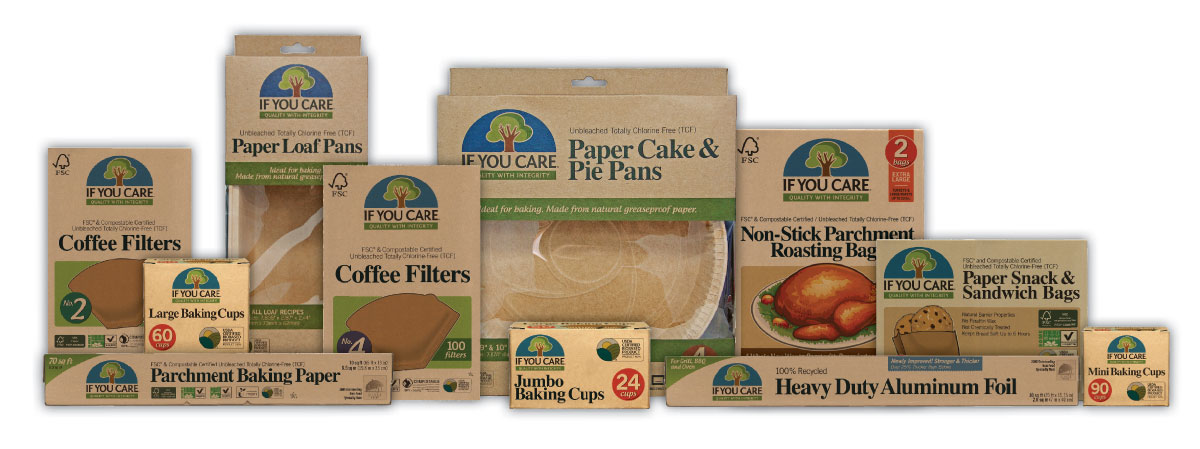
4. PLANT A TREE!
We love our trees! They capture carbon, cool overheated places, benefit agriculture, support pollinators, reduce the risk of disease transmission, and boost local economies. Did you know that planting one oak tree brings in more insect and bird species than an entire yard of plants? Talk to your local government about planting more trees and native garden beds in public spaces or consider planting your own on your property!
Another way to make a difference is to ditch printed seed or plant catalogs. When you receive an unwanted catalog in the mail (especially those huge ones!), contact the company and ask to be removed from their print list.
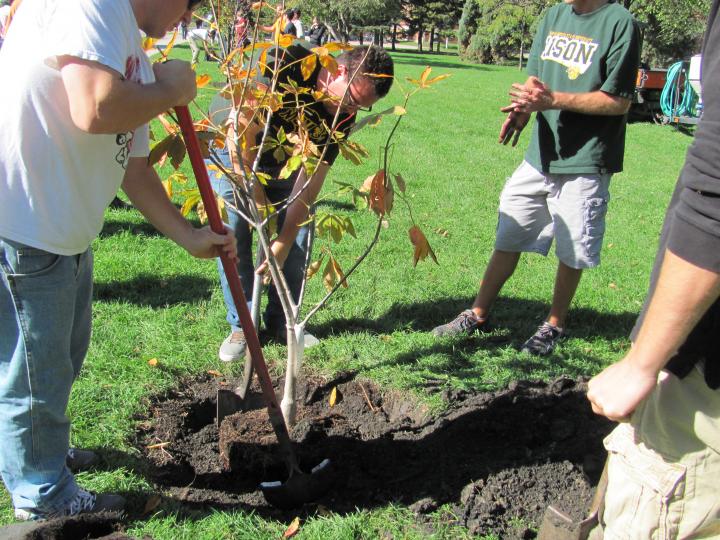
5. USE WILDFLOWERS AND NATIVE PLANTS
Wildflowers and indigenous species are not only beautiful but also attract native and beneficial insects that improve both pest control and pollination—meaning bigger flowers and bigger harvests. Try to simply add a couple of native plants to your garden each year, and you’ll be amazed at the difference—they’ll bring in pollinators as well as birds!
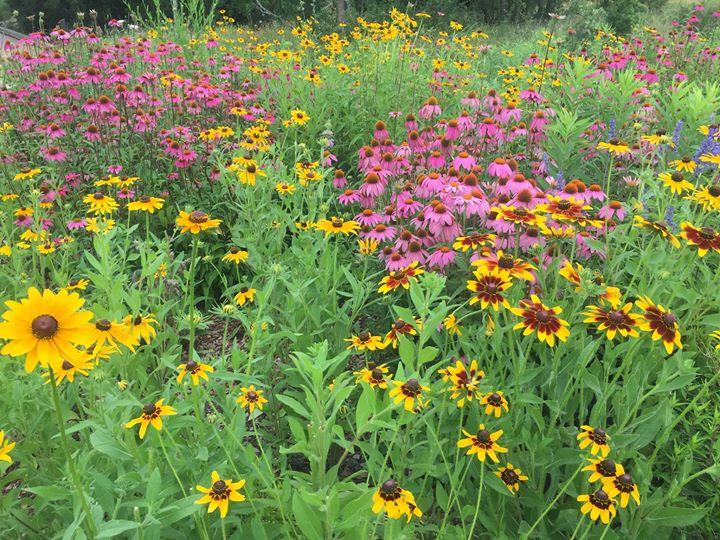
6. REDUCE, REUSE, RECYCLE IN THE GARDEN
Caring about yourself and nature means being less wasteful and saving money, too. Who could argue with this? If you are a gardener, here are just a few ideas:
- Buy in bulk when you know that you’ll need a lot of topsoil, mulch, compost, or other materials. This cuts down on plastic bags. Many garden centers will even deliver right to your yard. Also check with your city recycling center or Department of Transportation—they might offer free compost, soil, sand, or other materials.
- Reuse, recycle, or return old plastic pots and trays.
- Plant pots right into the ground!
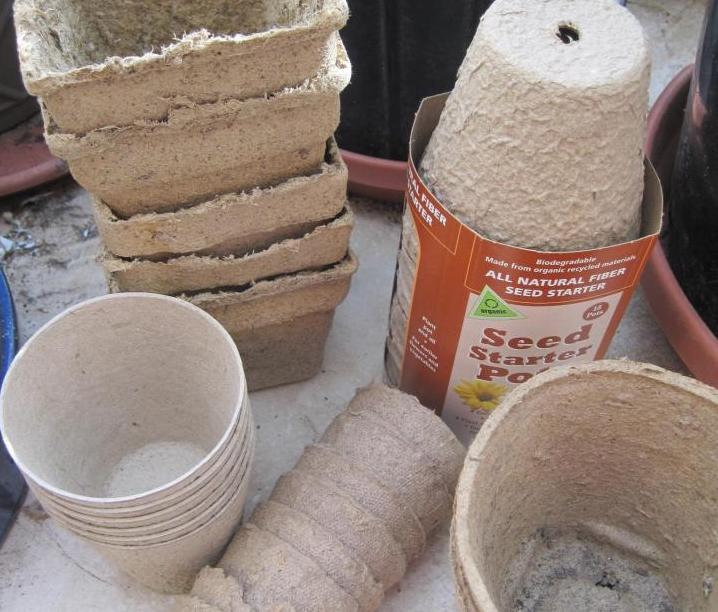
7. STOP PESTICIDES AND CHEMICALS IN THE GARDEN
Most of the beginner gardeners whom we meet want to start growing without chemicals or pesticides—in a way that works and even saves money. Much of this is simply about focusing less on the plant and more on the health of the soil that supports the plant. If it’s nutrient-rich with organic matter, plants thrive.
8. CONSERVE WATER!
We waste a lot of water. Avoid overwatering your plants and improve their health by knowing how much your garden really needs. Avoid watering your garden vegetables and plants from overhead, which invites fungal disease. Water at the soil level.
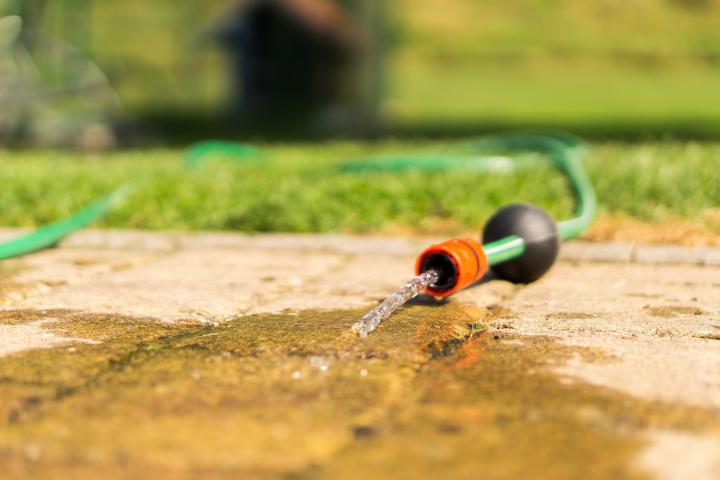
9. THINK ABOUT YOUR DIET!
About one-third of the food that we produce every year goes to waste annually! Usually, this happens after we buy the food. How do we avoid waste in our own lives (and save money)? Also, how can we improve our diet so that it’s healthier for ourselves (and the planet)? One way is to care about your “foodprint,” which is the result of everything that it takes to get your food from the farm to your plate.
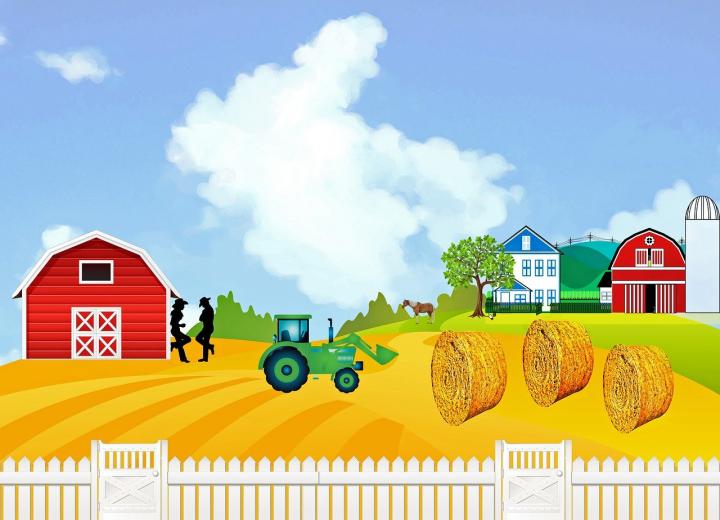
10. GET KIDS INVOLVED!
Pass down a love of nature and plants to kids. There are lots of opportunities for hands-on learning experiences outside. .
